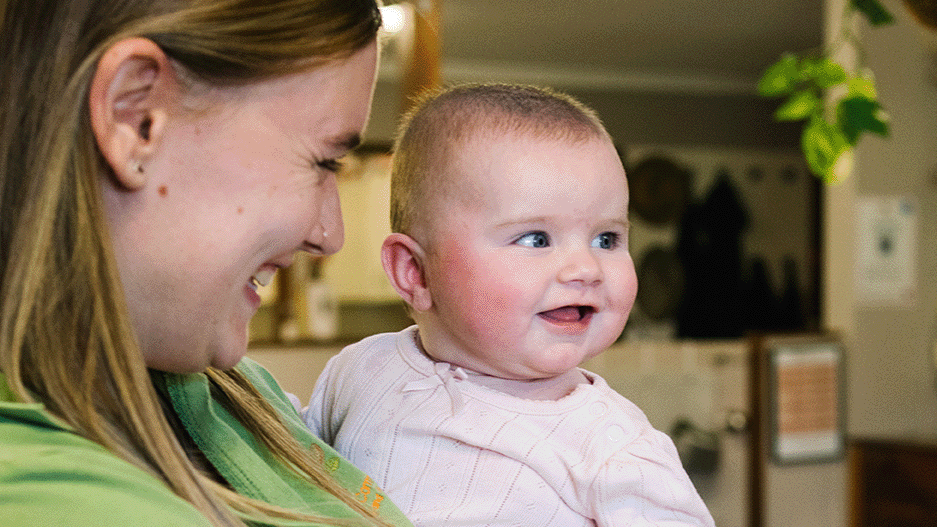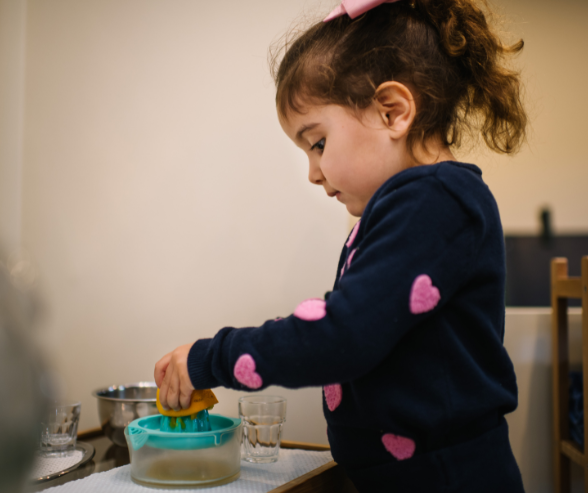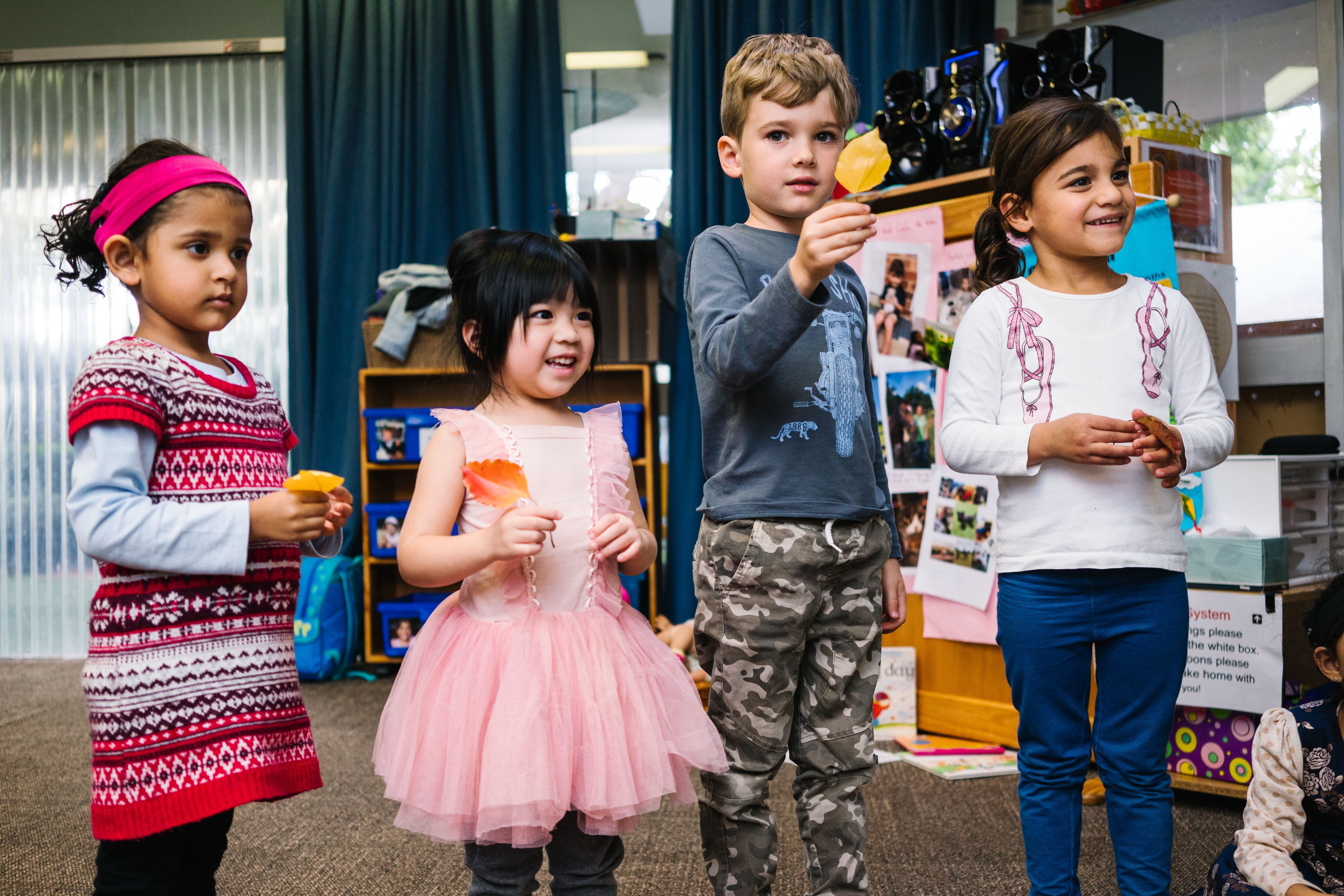If you have a topic in mind, use the search below to quickly find all our related information and articles.
Your child's development

At 8 – 12 months your baby is on the move and getting into everything, developing skills like problem solving, investigating and experimenting. He or she is becoming more excited and curious about the world. They’re learning how to point and make sounds at the things they want and are beginning to understand how they affect the people around them.
Getting into a routine

In this information sheet we aim to answer some of your basic questions about toilet training your child, as well as providing some tips on how the educators at your early childhood education and care service can support you and your child in this.
Tips for parents

There are many benefits to speaking to your child in a language other than English at home. Besides from their being able to speak with you and your family in a language that you may be more comfortable in, experts have shown that children who learn more than one language demonstrate enhanced cognitive development, can have improved memory and concentration, and are better at solving problems.